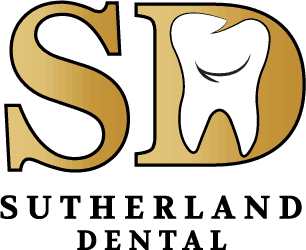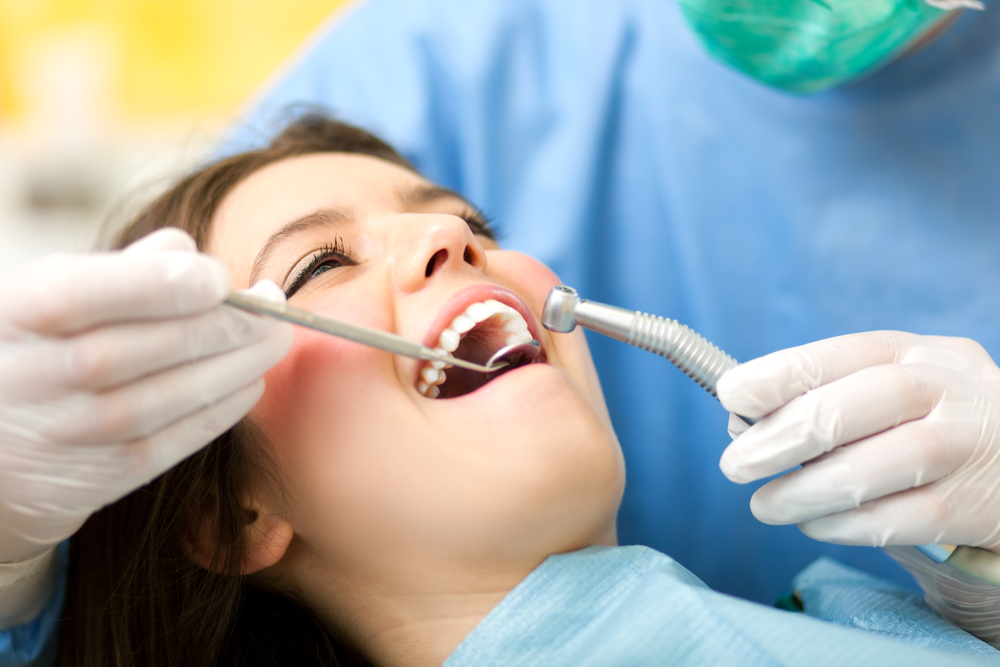A recent study by the Australian Dental Association found that up to 75% of Australians are not getting regular dental cleanings, despite the many benefits they provide. This highlights the need for increased awareness of the importance of regular dental care to maintain good oral hygiene. Regular dental cleanings can help prevent gum disease, tooth decay, and other dental problems, as well as reduce the risk of other medical conditions.
In this article, we will discuss the process of a thorough dental cleaning and how long it typically takes. We will also cover the benefits of regular dental cleanings and tips for proper aftercare.
What is a Dental Cleaning?
A dental cleaning is a procedure that involves the removal of plaque and tartar from the teeth. Professional teeth cleanings are regularly done during a patient’s dental appointment to help maintain optimal dental health. Plaque and tartar build-up can lead to further complications, such as gum disease, if not removed and maintained.
During a dental cleaning, a dental professional uses an ultrasonic scaler to remove the plaque and tartar from the teeth. The dentist or hygienist may also floss and polish the patient’s teeth to remove any remaining plaque or debris.
Regular dental cleanings are essential to prevent any dental issues that may arise from plaque and tartar buildup. The frequency of dental cleanings depends on individual needs, but it is recommended to have one at least once a year to maintain good oral health. Dental cleanings can prevent more serious and expensive dental procedures in the future.
Therefore, it is important to receive regular dental cleanings and maintain a consistent dental hygiene routine.
What Does a Dental Cleaning Include?
During a dental visit, procedures such as scaling, polishing, and flossing may be included. These procedures help maintain an individual’s oral health and protect against periodontal disease and tooth decay.
A dental cleaning appointment is a professional cleaning of the teeth, which includes removing dental plaque and tartar from the surface of the teeth. It is important to practice good oral hygiene and have regular dental exams and checkups to reduce the risk of further bone loss.
A thorough dental cleaning will typically include:
- Removing plaque and tartar from the teeth
- Examining the gums and teeth for signs of disease
- Applying fluoride treatments
- Polishing and flossing teeth
- Discussing good oral hygiene habits with the patient.
How Long Does a Routine Cleaning Take?
The duration of a routine dental cleaning typically varies depending on the individual’s individual needs and the complexity of the procedure. Most cleanings take about an hour, but some may take longer, depending on the condition of the patient’s teeth and gums.
During the cleaning, the dental professional will use specialized dental tools to check for signs of gum disease, remove plaque and tartar buildup, and polish the tooth enamel. Fluoride treatment may also be applied during the cleaning.
In cases where more advanced dental care is needed, such as deep teeth cleaning or debridement cleaning to remove periodontal pockets, the cleaning may take longer than an hour. It is important to follow the instructions of your dental professional to ensure that your teeth and gums are properly cared for.
With regular routine cleanings, you can maintain healthy teeth and gums and prevent any unwanted signs of gum disease.
What Are the Benefits of Regular Cleanings?
Regular dental cleanings offer numerous benefits for overall oral health. This type of dental care helps remove any built-up plaque or excess bacteria from the teeth that regular brushing with gritty toothpaste may not remove. Special tools are used to help the family dentist reach hard-to-reach areas that would otherwise go unnoticed. During a regular cleaning, a dental professional may also use the time to perform an oral exam in order to identify any potential oral issues in need of treatment.
Regular dental visits and cleanings help to ensure healthy teeth and gums. Not only are the teeth and gums kept clean, but the dentist will also be able to identify any issues before they become severe. For those who are unable to access regular cleanings, they may not be aware of any underlying issues. This can lead to unnecessary pain and other complications that could have been avoided through regular dental care.
Overall, regular dental cleanings are an important part of maintaining good oral health. Through regular visits and cleanings, family dentists are able to provide the necessary care to prevent any dental issues from becoming more severe. By visiting the dentist regularly, patients are able to benefit from a thorough cleaning and oral exam that helps to keep their teeth and gums healthy and free of any unwanted bacteria or plaque buildup.
Preparing for a Cleaning
Preparing for a dental cleaning requires taking certain steps to ensure the appointment is successful. It is important to keep the gum tissue healthy and free from any oral health issues and to prepare for the cleaning process.
For those with sensitive teeth, it is also important to take care of the soft tissue to avoid any tooth loss. A professional teeth cleaning appointment may include a regular cleaning, as well as periodontal cleanings.
It is important to understand that dental cleaning takes time and patience, so it is best to plan accordingly. Taking the necessary steps to prepare for a dental cleaning appointment can help ensure a successful outcome for the patient’s oral health.
Aftercare Tips for a Thorough Cleaning
After the dental cleaning appointment is complete, it is important to follow certain aftercare tips to ensure the effectiveness of the cleaning. To maintain optimal tooth and gum health, individuals should:
- Establish proper oral hygiene habits. This includes brushing for two minutes twice a day with fluoride toothpaste and using dental floss daily to clean between teeth.
- Make regular teeth cleaning appointments with a dentist. During the dental examination, the dentist will be able to identify any potential issues and determine if a deep cleaning procedure is necessary.
- Follow the dentist’s instructions for any additional treatments. For instance, a dental scaler may be used to clean tartar off the tooth surfaces.
- Consider taking an extra step to protect tooth health. This may include the use of a fluoride rinse to reduce the risk of cavities and gum disease.
With regular dental exams and proper oral care habits, individuals can ensure that their teeth and gums remain healthy and that their cleaning appointments are a success.
Key Takeaways
A thorough dental cleaning is essential for maintaining excellent oral health. Cleanings remove harmful debris and bacteria from the teeth and gums, which can otherwise cause serious damage to the teeth and mouth. Regular cleanings also help to detect and prevent cavities, periodontal disease, and other dental issues.
While the amount of time needed for a thorough cleaning may vary, it is typically recommended that they occur at least twice annually in order to maintain optimal oral health. By following the tips for preparation and aftercare, a dental cleaning can be a quick and painless process that helps keep smiles healthy and bright.
If you are looking for quality dental cleaning in Sutherland, NSW, look no further than Sutherland Dental. Our team of experienced dentists in Sutherland can provide you with the comprehensive dental care you need to maintain a healthy and beautiful smile. So don’t wait. Book an appointment today and let us help you keep your teeth and gums healthy and shining bright.



